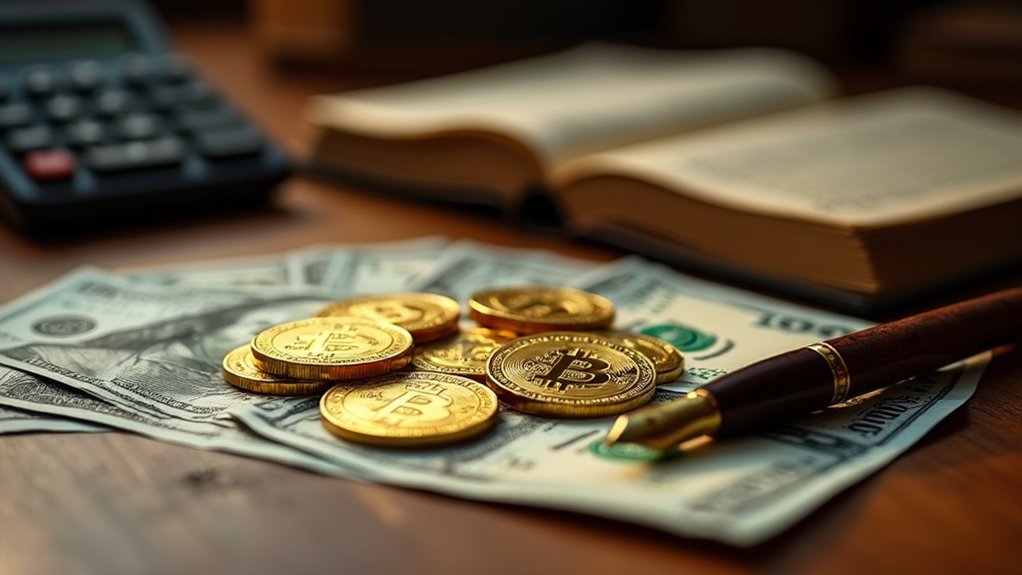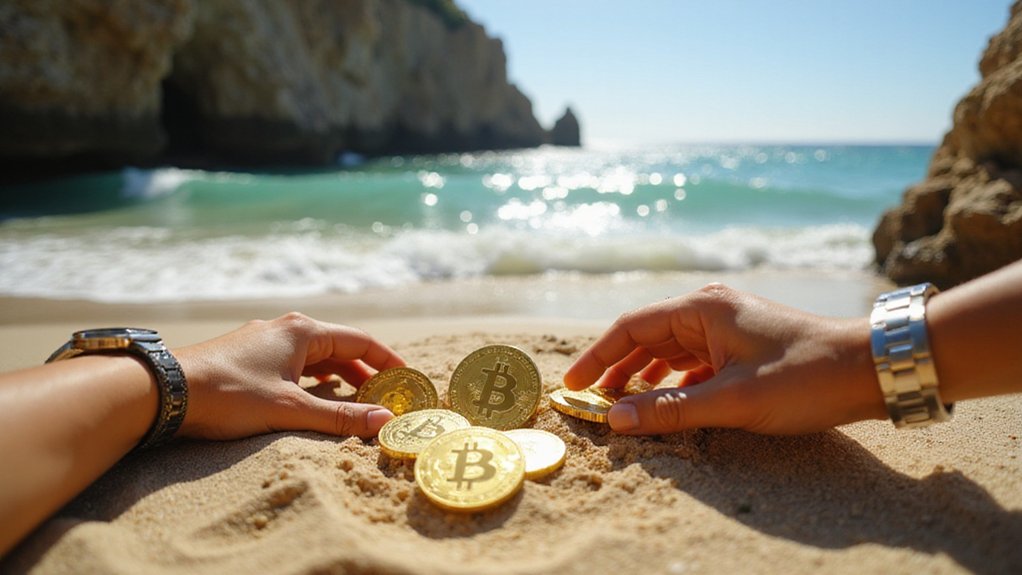While most politicians content themselves with conventional conflicts of interest—defense contractors, pharmaceutical lobbying, the occasional real estate deal—Donald Trump has characteristically opted for something more exotic: a $57 million windfall from cryptocurrency ventures that positions him as both regulator and beneficiary of the digital asset ecosystem he now governs.
The income stems from World Liberty Financial, a DeFi project that raised over $550 million from investors while the Trump family secured approximately 60% ownership. This arrangement creates the remarkable scenario where token purchasers—through anonymous crypto transactions, naturally—essentially fund the financial interests of the very president now crafting their industry’s regulatory framework.
Trump’s federal financial disclosure, a 230-page document certified as “true, complete, and correct” by the Office of Government Ethics, reveals how seamlessly personal enrichment and policy advocacy have merged. The timing proves particularly significant: as crypto industry donors poured money into Trump’s campaign and crypto-friendly lawmakers’ coffers, they were simultaneously purchasing tokens that directly benefited his portfolio.
The administration has responded with predictable enthusiasm, establishing a Strategic Bitcoin Reserve, appointing a “crypto czar,” and hosting a National White House crypto summit. An executive order signed in January 2025 explicitly supports digital asset growth, while a working group including SEC, CFTC, Treasury, and Commerce officials develops what they term a “clear regulatory framework”—presumably one accommodating to projects like World Liberty Financial. The administration has also launched stablecoin USD1 through World Liberty Financial, further expanding the Trump family’s direct involvement in digital asset markets. The Strategic Bitcoin Reserve commits the United States to maintaining bitcoin as a reserve asset, sourced primarily from criminal forfeiture proceedings without imposing additional costs on taxpayers. This approach leverages Bitcoin’s fixed supply and decentralized characteristics to potentially enhance the nation’s economic resilience against traditional financial system vulnerabilities.
Bitcoin prices have risen amid these pro-crypto Senate actions, though industry enthusiasm remains tempered by concerns over the optics of brand promotion at the presidential level. Some supporters worry about legitimacy impacts when the regulatory environment appears tailored to benefit specific ventures tied to the administration.
The broader crypto industry, having felt targeted by the previous administration, now finds itself in the curious position of championing a president whose personal financial interests align almost perfectly with their policy preferences. Whether this represents regulatory capture or merely efficient market alignment depends largely on one’s tolerance for conflicts of interest—and appetite for the particular form of capitalism where governance and profit-seeking converge with such transparent audacity.





